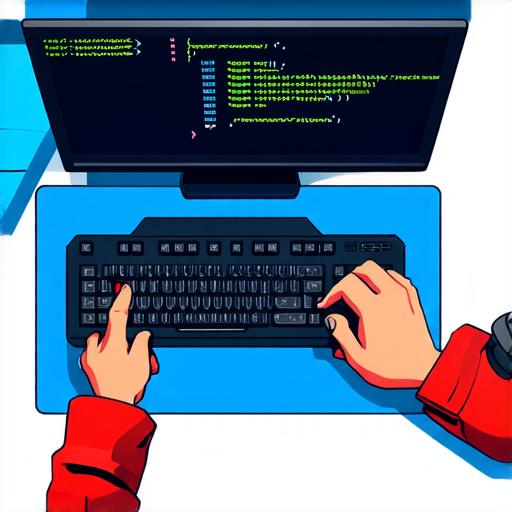Start with a Compelling Headline
The first step to writing a highly viral and engaging article on software programming is to come up with a compelling headline. Your headline should be attention-grabbing, informative, and relevant to your target audience.
Use Personal Experiences and Case Studies
Personal experiences and case studies can make your article more engaging and relatable to your target audience. Share your personal experiences with software programming, such as how you got started or a particularly challenging project you worked on. You can also include real-life examples of successful software projects, along with the challenges faced and how they were overcome.
Structure Your Article with Headings and Subheadings
Structuring your article with headings and subheadings can help guide your readers through the content and make it more accessible. Use clear and concise headings that accurately reflect the content of each section.
II. Essential Skills for Software Developers
* List and explain the 5 essential skills every software developer should have
* Provide examples of how each skill can be applied in practice
III. The Future of Software Programming
* Discuss the latest trends and predictions in software programming
* Explain how these trends will impact software developers
IV. Writing a Viral Software Programming Article
* Offer tips on how to write a viral software programming article
* Provide examples of successful software programming articles

V. Conclusion
* Summarize the main points of the article
* Encourage readers to share their thoughts and feedback
4. Use Research and Experiments to Substantiate Your Main Points
Using research and experiments can help you substantiate your main points and make your article more credible. Include quotes from experts in the field, statistics, and case studies to support your arguments.
5. Write in Clear and Concise Language
When writing your article, use clear and concise language that is easy to understand. Avoid using overly complex wording or excessive use of terminology. Use simple sentences and avoid long paragraphs. You can also use comparisons and figurative language to make your writing more engaging.
6. Include Real-Life Examples to Illustrate Your Points
Real-life examples can help illustrate the points you’re making in your article and make it more relatable to your target audience. For example, if you’re writing about a new programming language, you could include an example of how it has been used in a real-world project and the benefits that were gained from using it.
7. End with a Thought-Provoking Ending
End your article with a thought-provoking ending that encourages readers to share their thoughts and feedback. You can ask a question, provide a call to action, or simply thank the reader for reading.
FAQs
1. What are the most important skills for software developers?
* The 5 essential skills every software developer should have are: problem-solving, communication, collaboration, adaptability, and continuous learning.
2. How do I write a viral software programming article?
* To write a viral software programming article, you need to start with a compelling headline, use personal experiences and case studies, structure your article with headings and subheadings, use research and experiments to substantiate your main points, write in clear and concise language, include real-life examples to illustrate your points, and end with a thought-provoking ending.
3. What are the latest trends in software programming?
* Some of the latest trends in software programming include cloud computing, artificial intelligence, serverless architecture, blockchain technology, and edge computing.
4. How can I learn a new programming language quickly?
* To learn a new programming language quickly, you should start with the basics, practice regularly, use online resources such as tutorials and forums, join a study group or get a mentor, and apply what you’ve learned by working on real projects.
5. What is the future of software development?
* The future of software development will be driven by emerging technologies such as artificial intelligence, blockchain, edge computing, and serverless architecture, and will require software developers to have new skills such as data analysis, cybersecurity, and cloud computing.
